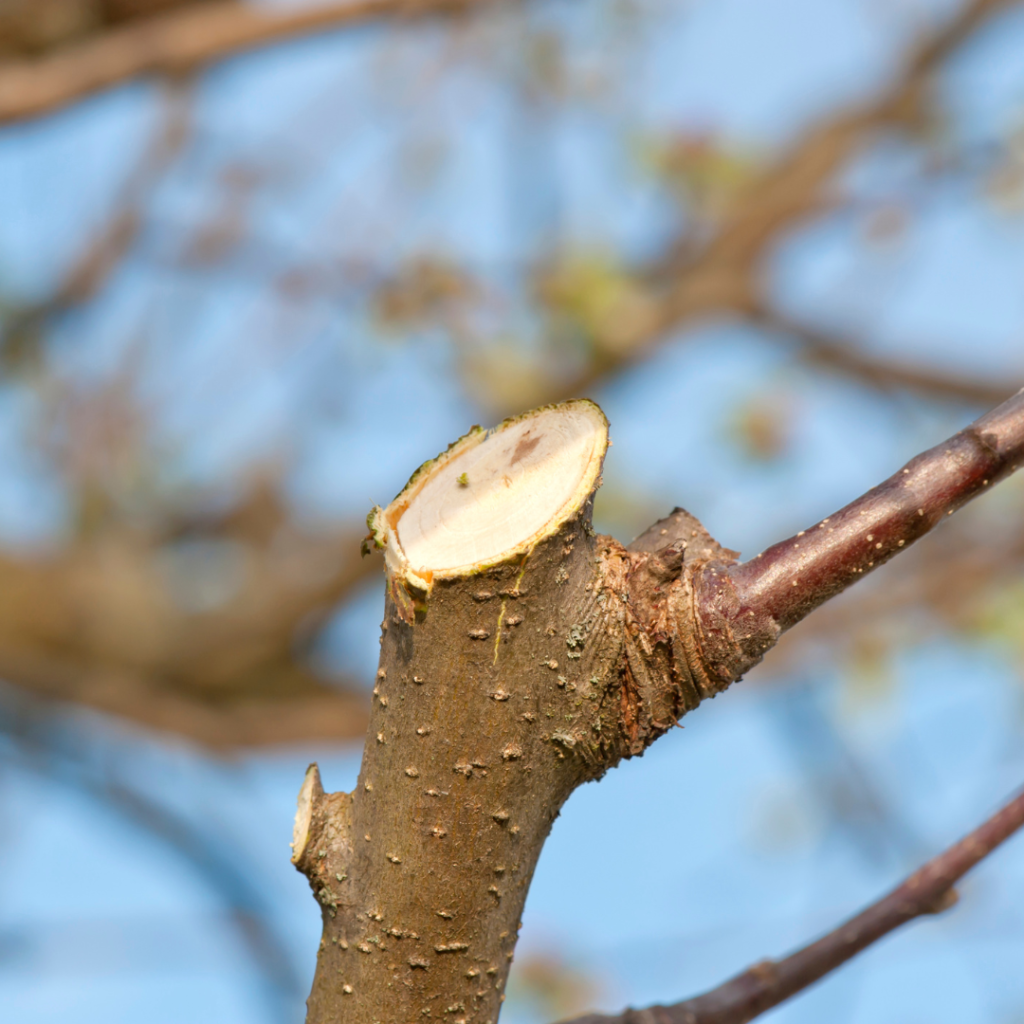Pruning God’s Way
According to the 2021 edition of the National Gardening Survey conducted by the National Gardening Association, there were 18.3 million new gardeners in 2020. The 2020 survey cited mental health and the COVID-19 pandemic as the top two reasons why many had undertaken the new venture. While not directly assessed, the survey underscored humans’ ecological affinity. As humans, we relate to nature and often draw parallels to our external environment. This observation not only speaks to our physical existence; it also speaks to our spiritual psyche. Furthermore, in the Bible, God often correlates the care of plants with his works in our lives. One such correlation can be found on the topic of pruning. In this blog, we will look at pruning God’s ways and how God uses the idea of pruning as a metaphor to convey spiritual truths and principles.
Pruning Defined
Before we can understand the spiritual context of pruning, we have to first understand the meaning of the word. According to Oxford Languages, pruning is “cutting away dead or overgrown branches or stems, especially to increase fruitfulness and growth.” Ultimately, pruning is a way to increase positive yield. In the gardening world, it can be a very difficult but necessary process. I’ll share a quick gardening story.
A Desert Rose Story
A few months ago, I noticed that a couple branches of my desert rose plant had become infected. Considering that I am a fairly new gardener, I did not know what to do to remedy the issue. So, I took a picture of the affected areas and asked one of the specialists at my local nursery. He concluded that overwatering the plant caused the ailment and that the plant would make a full recovery if I allowed the soil to dry out. I was hopeful but not expectant.

Pruning Begins
A few weeks went by, and there was still no improvement. In fact, the condition worsened. When I examined the plant, I noticed that the disease had traveled further down the stem. I became concerned that if the necrosis went unchecked, I would lose the plant entirely. It was in that moment that I decided to amputate the infected limbs and remove the decayed tissue. After the pruning, I inspected the severed branches. The infection had blackened the majority of the inner layers. The results made it clear that my decision was the right call. However, I was now disheartened because I had removed one-third of the tree. I was unsure that the remaining portion would recover from the trauma.
Progress Revealed
Over the next few weeks, I kept a watchful eye on my desert rose, but nothing happened. Externally, the plant looked the same. There was very little change. In fact, the process was so anticlimactic that I eventually forgot about the plant until today. It’s now months later, and the plant is bushier and fuller than ever. Although evidence of the disease was still present, multiple branches had formed around the amputation site. Additionally, branches had even formed in areas that I didn’t think possible.
A New Creation
Despite my initial hesitation, the outcome pleased me. The new, bushier desert rose was more visually appealing than its former lanky appearance. As I marveled at the tree’s progress, I thought about how often we resist God’s pruning, not knowing that by hanging on to our diseased appendages, we too will ultimately die from the poison. Oftentimes, we fail to realize that the pruning that we fear is the very thing that we will need to help us grow and become even more fruitful.
Pruning God’s Way
According to John 15:1-2, “I am the true vine, and my Father is the gardener. He cuts off every branch in me that bears no fruit, while every branch that does bear fruit he prunes so that it will be even more fruitful.” In this passage, God uses pruning as a metaphor to illustrate his desire to remove all the afflicted elements in our lives so that we can bear more fruit. Trust me, no one likes to be wounded, but we can find confidence in the words of Hebrews 12:11 and Proverbs 3:11–12:
“No discipline seems pleasant at the time, but painful. Later on, however, it produces a harvest of righteousness and peace for those who have been trained by it (Hebrews 12:11, NIV).”
“My son, do not despise the Lord’s discipline, and do not resent his rebuke, because the Lord disciplines those he loves, as a father the son he delights in” (Proverbs 3:11–12NIV).
Conclusion of Pruning God’s Way
While pruning God’s way may be difficult, the pain is only temporary. The resultant effects of pruning can propel us into our destinies. Know that God can and will use any untoward outcome for our good. In fact, Romans 8:28 says that ‘God works for the good of those who love him, who have been called according to his purpose” (NIV).


